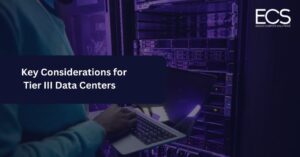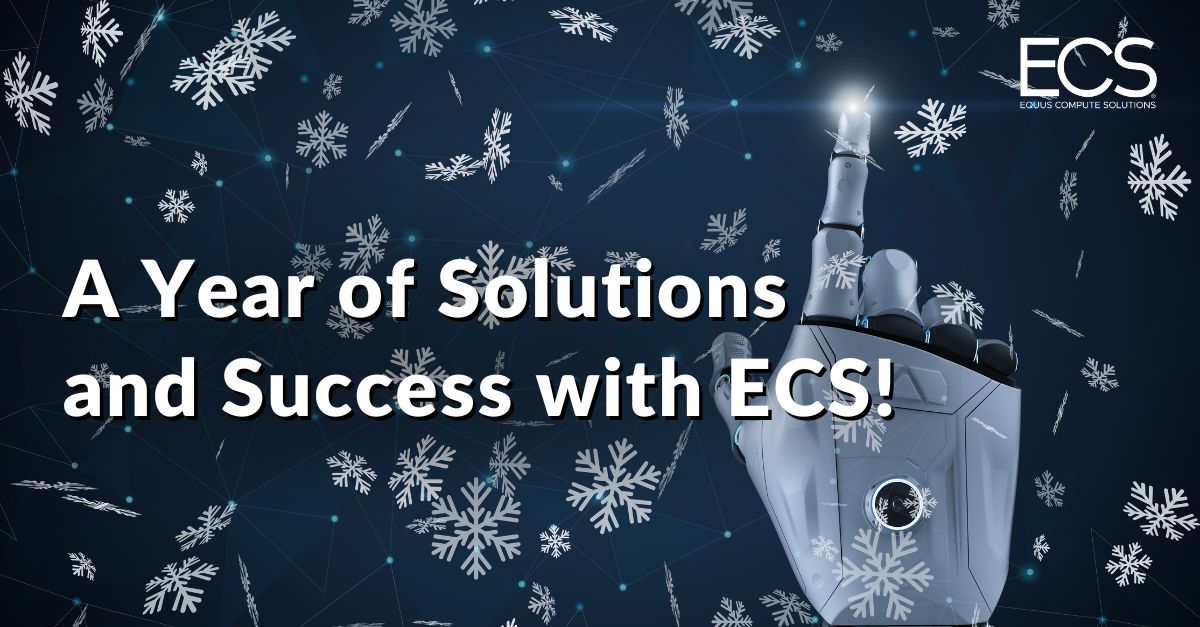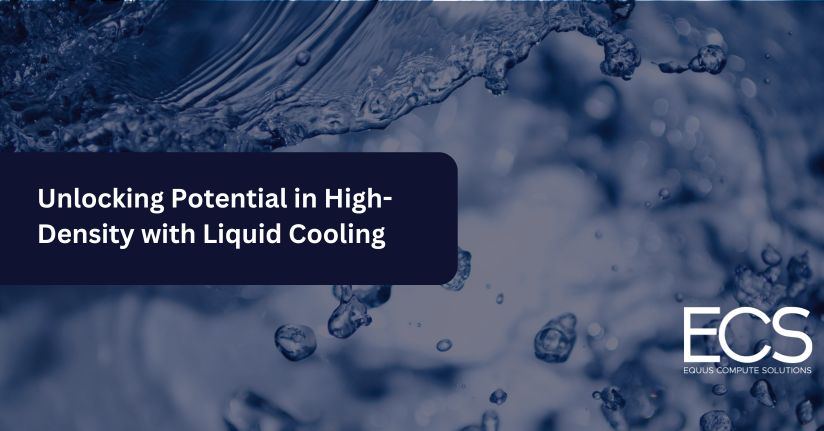Liquid cooling has a rich history dating back to supercomputers in the 1950s but has never achieved mainstream adoption. Building on that history, recent advancements in material science have made advanced cooling technologies better than ever—introducing non-toxic, fluorocarbon-free liquids that greatly enhance data center efficiency. These advancements allow immersion cooling to offer many important benefits, from reducing power consumption to curbing greenhouse gas emissions to prolonging hardware lifespan. This evolution is critical as sustainable data centers face growing power demands.
At the forefront of these advancements, ECS CEO Jay Lawrence weighs in on this evolution as a contributing author in the data center industry anthology Greener Data – Volume Two. As part of this best-selling series featuring the work of many data center and network infrastructure leaders, Lawrence lays out the promise of advanced cooling technologies as a bridge to the future of sustainable IT solutions for the industry.
In his chapter, entitled Being Green to Make Some Green: The Many Business Opportunities Presented by Immersion Cooling, Lawrence discusses how the rise of emerging technologies such as machine learning, next-generation cybersecurity, and AI storage are transforming network infrastructure, significantly increasing computing workloads and power requirements. Since 2019, he explains, CPU and GPU thermal performance has doubled, with CPUs nearing 400 Watts and GPUs 800 Watts. Meanwhile, power generation struggles to keep pace due to reliance on intermittent renewables over consistent, zero-emission sources like nuclear energy, leading to blackouts and rising costs.
To address these challenges, says Lawrence, liquid cooling offers a scalable, efficient alternative to air cooling, especially for edge computing. By 2025, 75% of enterprise data is expected to be processed outside traditional data centers, and advanced cooling technologies like immersion cooling are pivotal for deploying high-performance computing clusters at the edge. The technology may even enable the development of smaller, suitcase-sized data centers in the future. These advancements highlight the urgency of adopting green technology strategies like liquid cooling. With tools like advanced cooling technologies, the industry can reduce environmental impacts while supporting the growing demand for data-intensive applications.
In the chapter, Lawrence covers many important aspects of immersion cooling, including:
- Chip technology
- Cost-benefit analyses
- Noise reduction
- Server lifespan
- Server rack density
- Water usage
The convergence of 5G, AI workflows, and advanced computing has pushed air cooling to its limits. Now, leaders like ECS are innovating to meet new demands. To check out Lawrence’s chapter, purchase your copy of Greener Data – Volume Two here. Or, to see Lawrence discuss the chapter, watch the video below:








